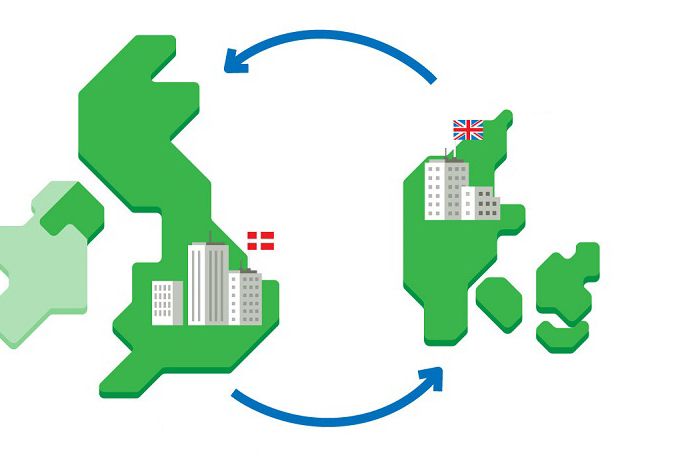With a Hard Brexit potentially looming on the horizon, Danish trade with the UK could take a considerable hit.
The UK is one of Denmark’s biggest trade partners. Export of Danish goods to the UK totalled 45 billion kroner last year – making up about 6 percent of Denmark’s export.
A No Deal Brexit could result in trade tariffs being imposed on trade between the two partners.
READ ALSO: Hundreds of Brits getting Danish citizenship
Billions at stake
According to Danmarks Statistik, such a development would particularly affect ten product groups that account for 60 percent (28 billion kroner) of exports to the UK.
The ten for exports are:
Power machines and engines, meat, medicine and pharma, metal, machines and accessories for industry, raw mineral oils and related products, garments and related products, dairy and eggs, furniture, and other food products.
Meanwhile it would also impact imports – with another ten product groups making up about 50 percent (25 billion kroner) of imports.
The ten for imports are:
Vehicles, processed goods, telecom and sound recording applications, raw mineral oils at related products, electric machines, power machines and engines, machines and accessories for industry, other transport goods, technical and scientific instruments, medicine and pharma.















